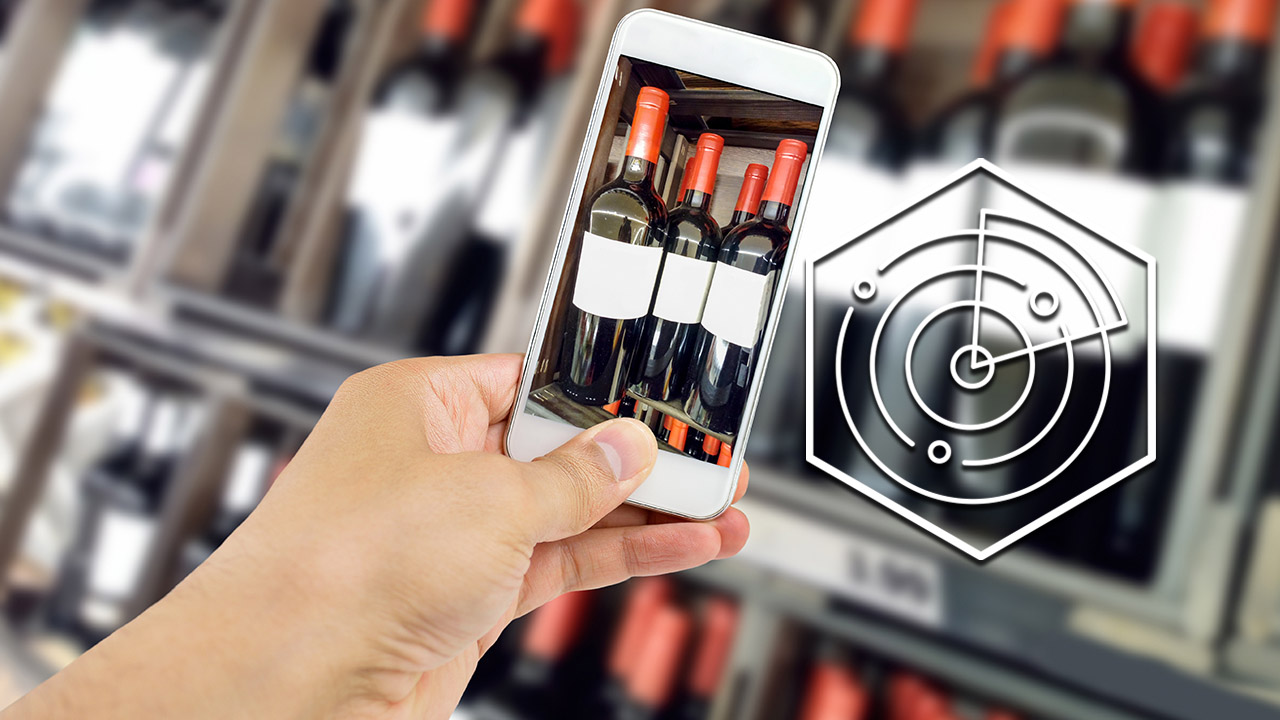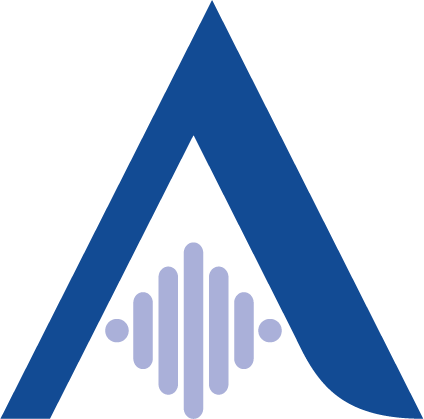Home / Digital Change / Agriculture / eNology, to safeguard Made in Italy wine
eNology, to safeguard Made in Italy wine
eNology, to safeguard Made in Italy wine

Use Case
The traceability of agricultural products in defense and support of Made in Italy is one of the most frequently discussed topics among those in the industry because of the many benefits that it can have on monitoring and affirming the trademark.
In addition to increasingly stringent legal requirements, traceability responds to the growing consumer demand for information and trust. Its value to citizens and businesses has become essential.
75% of people choose Made in Italy products and check the labels and origins of foods (2017 Eurispes Report)
Some figures?
According to the 2020 ICQRF Report, out of more than 70,000 inspections, the ministry's inspectorate, which is in charge of combating food fraud, found:
15,8%
illegal workers
11%
irregular products
7,4%
irregular samples
€27 million
sequestered product
18,7%
irregularities found out of 3,850 inspected PDO products
26,6%
irregularities found out of 2,632 inspected PGI products
It was from the wine sector itself that the traceability platform which Almaviva created as a partner of SIAN (National Agricultural Information System) began.
Wine traceability ensures quality and safety for consumers and assists supervisory bodies in suppressing fraud.
Focusing on data to safeguard the market
The traceability of Made in Italy wine by Almaviva aims to protect and promote the excellence of national wine products, starting with the information present in SIAN - National Agricultural Information System.
The system is based on a public blockchain platform that certifies the wine industry supply chain, from harvesting to bottling, is coordinated and supervised by AGEA, and can be agnostically and freely used by any player along the chain (SMEs, large-scale retail outlets, private individuals, etc.) in order to implement value-added services that incentivize collaboration among heterogeneous subjects, using their own IT provider to integrate with the platform.
The platform is the world's first in-use example of public blockchain technology, applied to the wine sector using ministerial data
The solution, unlike other products released on the market, makes the information already present in the MIPAAF (Ministry of Agriculture Food Forestry and Tourism Policies) and AGEA (Agency for Agricultural Disbursement) servers available, data that was collected from mandatory compliance and certified by investigative inspections required by EU law (those from dematerialized wine company records, annual enological declarations, and the Corporate Dossier).
The platform allows wineries not only to promote the history of their wine, but also to share relevant eno-informative and eno-tourist information: photographs, videos, fact sheets, and any material that’s useful for promoting their business and the territory.
The bottle’s full history. It’s simple with eNology.
Cultivation, transformation, distribution, and consumption: eNology makes it extremely easy to use the data in the industry’s blockchain platform by reading the bottle’s label, which is equipped with a unique NFC tag that securely connects to the wine’s entire history: from cultivation, harvest, and transport of the grapes, to all the various stages of production, i.e.: barrel storage, bottling, and distribution.
The use of NFC and RFID technologies helps people to become informed and conscientious consumers. Through the use of smart labels, everyone can learn about the history of a wine and the characteristics that make it one of a kind.
What are the main benefits?
Suppression of counterfeiting
Simplification of bureaucratic requirements
Reduction of data input errors
Improved inspection operations
Monitoring of the sector by the administration
Opportunity to promote products in international markets
Industry 5.0 for Agrifood. And beyond.
Many wineries have already adopted Almaviva solution in order to track more than 60,000 bottles present on the shelves of large scale retail outlets. The trial was also extended to the olive oil, wine vinegar, and Sicilian PGI red orange supply chains.
In fact, the public blockchain solution adopted in the wine industry, due to its technological characteristics, lends itself to very frequent reuse in other agricultural contexts, with a minimal impact in terms of architecture and process flow.
What’s the next step? Expanding the concept of total traceability in the agricultural world by creating a supply chain management 5.0 platform
Furthermore, the same methodology can be applied to other industrial markets in order to track, for example, the origin of raw materials, the certification, testing, and maintenance processes of industrial equipment and systems, and even the life cycle of spare parts. With such a system, mechanical enterprises would, on the one hand, gain more efficiency and control, and, on the other hand, potentially become producers themselves of tools which support the new 5.0 industries, for example by creating machinery which facilitates the reading and writing of smart tags that communicate with new decentralized Web 3 paradigms, i.e., blockchain-ready equipment. These are all activities which are part of the National Industry 4.0 Plan.


